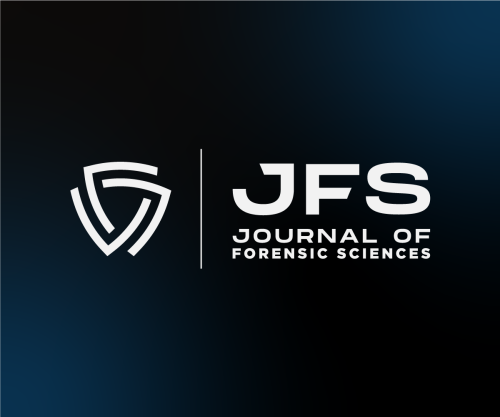JFS Announces Ninth Forensic Lab Talks Seminar!

I am delighted to announce that the ninth Journal of Forensic Sciences (JFS) Forensic Lab Talks Seminar, titled LipSynch Battle: Synchrotron Spectroscopic Imaging for the Study of Forensic Cosmetic Traces, is scheduled for May 7 at 10:30am ET. The seminar will be presented by Dr. Georgina Sauzier, Senior Lecturer in forensic and analytical chemistry at Curtin University, Australia. Additional information on this virtual seminar, as well as the link to register, will be forthcoming in a few days.
As announced previously, JFS has joined forces with Wiley to present a series of virtual educational seminars for forensic scientists. The series covers a range of topics important to our forensic community highlighting the most recent methods and best practices in areas such as forensic chemistry (covering spectroscopy, microscopy, and other techniques), toxicology, trace evidence, DNA analysis, and many more.
The Forensic Lab Talks Seminar Series is provided FREE OF CHARGE as a value-added member benefit.
The eighth Forensic Lab Talks seminar, titled High Performance Computing Tools to Identify Novel Psychoactive Substances in Toxicology Samples, presented by Dr. Aaron Shapiro, was a tremendous success with approximately 1,000 registrants. We were thrilled by the interest shown from the forensic community for our FLT #8 seminar and for those who participated, thank you again for contributing to its success.
We are excited about offering our ninth Forensic Lab Talks virtual educational seminar on May 7, 2025. PLEASE SAVE THE DATE!
Thank you for your continued support of JFS and its initiatives. For questions about the seminar series, please contact JFS Managing Editor Brenda Peat at bpeat@aafs.org.
The views and opinions expressed in the articles contained in the Academy News are those of the identified authors and do not necessarily reflect the official policy or position of the Academy.